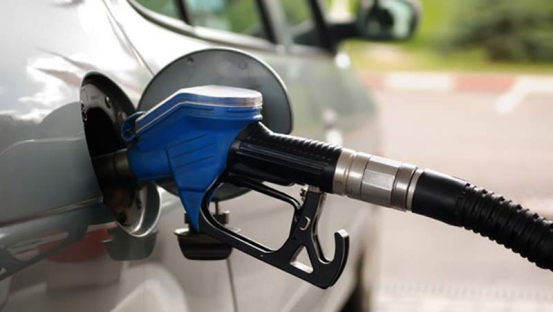×
The Standard e-Paper
Smart Minds Choose Us

Kenyans will dig deeper into their pockets for petroleum products, piling pressure on their waning spending power.
Energy Regulatory Commission (ERC), released the monthly maximum retail pump prices which showed prices of super petrol, diesel and kerosene will go up in the next 30 days.